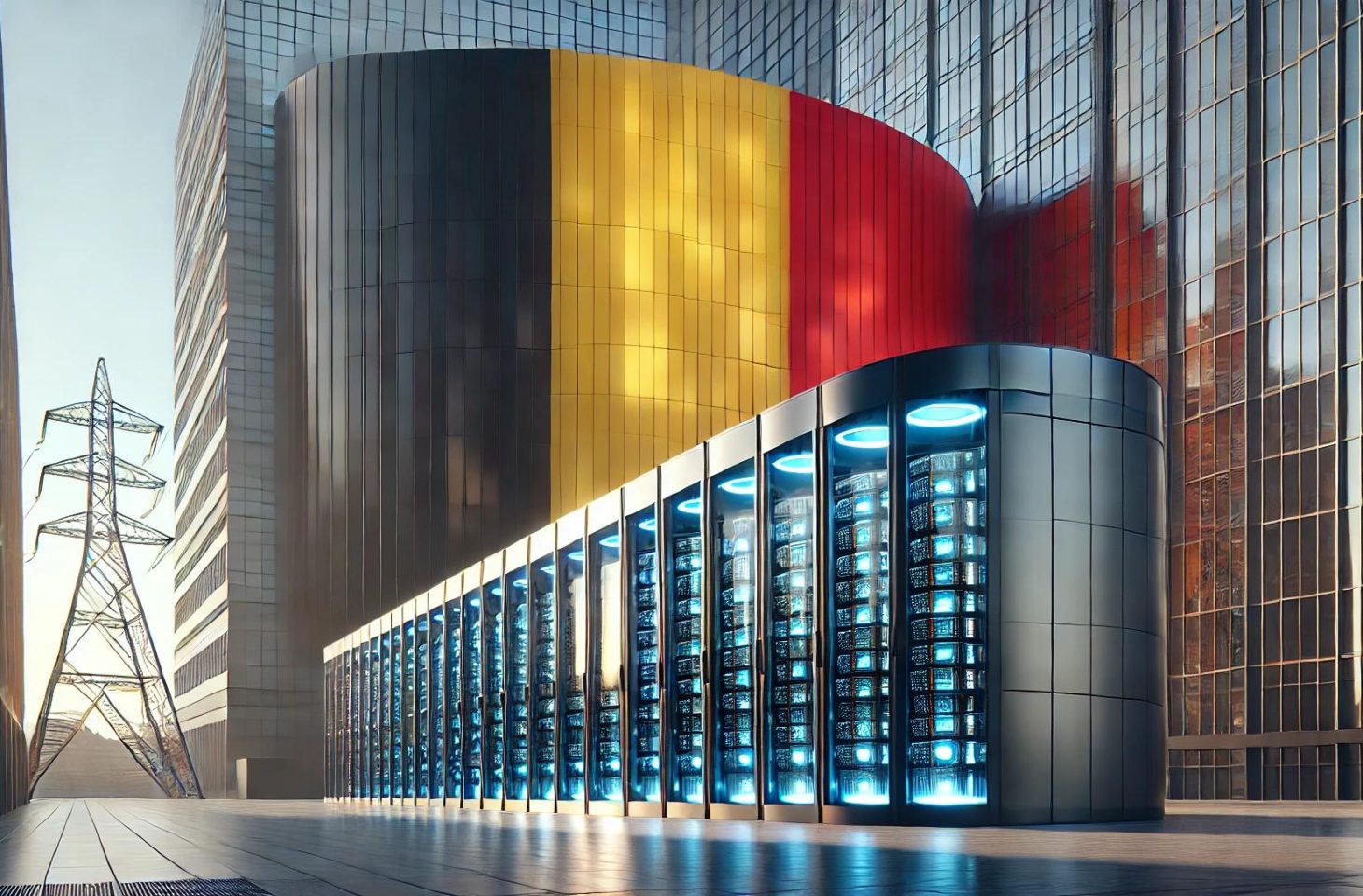The Belgian data center market is developing robustly to become a major challenger within Europe, BDIA concludes in a report. The epicenter remains in Brussels and surrounding areas.
BDIA, languit Belgian Digital Infrastructure Association, appears in the State of Belgian Data Centers-report each year on the evolution of the Belgian data center market. It is doing very well, BDIA notes. The growth of infrastructure in Belgium is not only good for the domestic IT sector, but also puts our country on the map as a European data center hub.
Colocation market consolidates
The report focuses on three types of data centers: colocation, hyperscaler and enterprise, with BDIA focusing on the first category. The total area of colocation data centers in Belgium grew by about ten percent in 2024 to 117,700square meters, or 61,700square meters if you include white space only. In terms of IT power, the 100 megawatt mark was passed for the first time.
BDIA notes that the colocation market is consolidating. With the entry of Penta Infra, the number of providers expanded to 24, but that figure is no longer current. Recently, Proximus sold its colocation centers to Datacenter United, leaving us with status quo again.
Data centers remain mostly concentrated in Brussels and its surroundings. 19 percent of total IT power is located on the territory of the Brussels Capital Region, but the epicenter is in the cities surrounding the region. Zaventem, where many IT companies have offices, is one of the best places in Belgium to spot data centers. Wallonia lags behind with barely four percent of the power.
European challenger
BDIA is optimistic regarding the continued growth of the Belgian data center market. The organization predicts an annual growth of twenty percent in total capacity. Among other things, the rising demand for AI, but also investments by hyperscalers in our country are contributing to this growth. Google plans to greatly expand its capacity in our country and Microsoft has been building a data center for several years.
read also
Belgium on track to become European data center hub, with Brussels leading the way
The presence of the tech giants should put our country on the international map. Popular data center hubs in Europe such as Frankfurt and London are gradually becoming saturated, which puts Belgium and Brussels first as an interesting alternative in the market. Data regulation and market demand for digital sovereignty will increase the need for data center capacity in Europe in the coming years.
However, growth will come with challenges. Sustainability is more than ever an issue in the IT industry, especially as the AI boom pushes up consumption in data centers . Operators are pursuing initiatives to make their data centers more efficient. Socio-economic challenges also lie ahead. Cloud migration is putting pressure on the survival of enterprise data centers.
